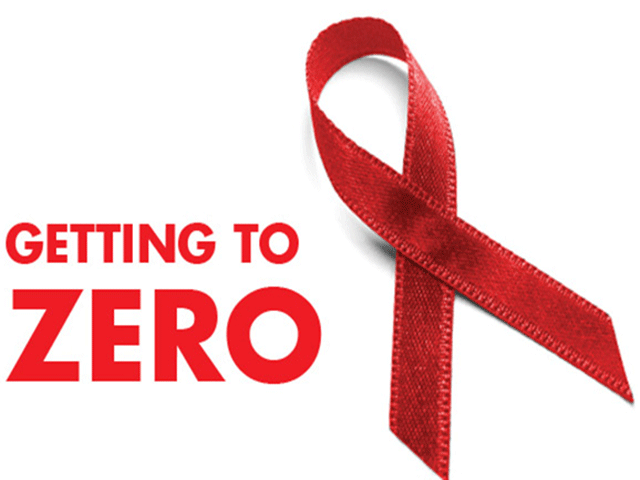India not ready to adopt ‘Treat all’ by WHO
In a recent WHO guidelines announcement, WHO recommends ‘Treat all’ – treatment for all HIV positive patients. The rationale behind this being, early treatment prevent spread of HIV to the partners. WHO also gives recommendations for preventive anti retroviral treatment for high risk groups. The NEWS release says,
Anyone infected with HIV should begin antiretroviral treatment as soon after diagnosis as possible, WHO announced Wednesday. With its “treat-all” recommendation, WHO removes all limitations on eligibility for antiretroviral therapy (ART) among people living with HIV; all populations and age groups are now eligible for treatment.
The expanded use of antiretroviral treatment is supported by recent findings from clinical trials confirming that early use of ART keeps people living with HIV alive, healthier and reduces the risk of transmitting the virus to partners.
WHO now also recommends that people at “substantial” risk of HIV should be offered preventive antiretroviral treatment. This new recommendation builds on 2014 WHO guidance to offer a combination of antiretroviral drugs to prevent HIV acquisition, pre-exposure prophylaxis (PrEP), for men who have sex with men. Following further evidence of the effectiveness and acceptability of PrEP, WHO has now broadened this recommendation to support the offer of PrEP to other population groups at significant HIV risk. PrEP should be seen as an additional prevention choice based on a comprehensive package of services, including HIV testing, counselling and support, and access to condoms and safe injection equipment.

Apparantly India is not ready to adopt the guideline because of the financial feasibility.
The National Aids Control Organisation (NACO) has made it clear that India is not ready to adhere to WHO’s recent recommendation of providing antiretroviral therapy (ART) for all HIV patients regardless of their disease stage.
Till now, in India, only those with a CD4 cell count of less than 350 are started under the ART programme. The NACO, for the first time in over a decade, has decided that the lifesaving antiretroviral drugs will now be offered to even those with a slightly higher CD4 count of 500. CD4 cell count is a crucial marker of how aggressively the virus is destroying the body’s immune system.
“We have to look into the evidence of starting ART for all. More than evidence, it is operational feasibility, finances, human resource and how the ART centres will cope with the increased load of more patients,” said Dr BB Rewari, national programme officer (ART), NACO. On WHO’s recommendations, he said the guidelines are never meant to be adopted immediately. “It is expected to take a year or two,” he said.
With the tweaking of CD4 requirement, over 2-3lakh HIV patients, who earlier did not qualify for the free ART therapy, are likely to be brought under its ambit. Currently, only 8 lakh people in the country are on the ART programme, even though the total number of people living with HIV in India is estimated to be 21 lakh.
Physicians firmly believe that the way forward is early initiation of ART in all adults, adolescents and children with HIV. Dr George Oomen, infectious diseases specialist, said there is ample evidence to show that people who have started ART at their highest CD4 count, be it 750 or 1,000, do best.
Head of medicine at Parel’s KEM Hospital Dr AR Pazare reiterated, “That is the way world is treating HIV. Why wait for the person to become too sick or for his CD4 count to fall so much?” He said early ART can not only stop progression of disease but also cut down on transmission.
Parallel to the CD4 debate is that of providing oral pre-exposure prophylaxis (PrEP) to prevent acquisition of HIV. Ashok Row Kavi of Humsafar trust, that works with men having sex with men, said PrEP has been in use in India for the last few years, but its inclusion in national programme may not be a reality soon. “There is an ideological debate on whether to provide ART to gay men as a preventive drug or first reach out to all women and kids,” he added. Rewari said PrEp is being tried as a pilot study among female sex workers in Chennai, Mysore and Kolkata.
